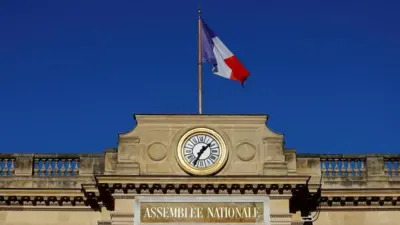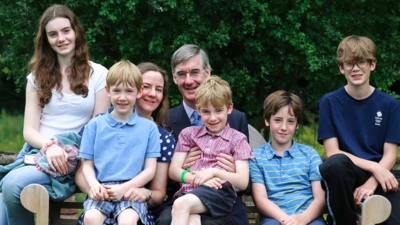We've updated our Privacy and Cookies Policy
We've made some important changes to our Privacy and Cookies Policy and we want you to know what this means for you and your data.
Finding rare baby names more difficult but not impossible
Image source, Getty Images
Researchers at the University of Edinburgh say finding a unique baby name is becoming more difficult.
Scientists have analysed the names of 22 million people born between 1838 and 2016.
They've found that naming trends are linked to historical events or people in the public eye.
Better global communication and increased immigration have led to more different names, but those then also become common more quickly.
The researchers said changes in tradition, multiculturalism, and people's ongoing quest for individuality also played a part in how names can change.
Some of the unique names that emerged in Scotland last year included Ransom, Crown, and Roar for boys.
One-off names for girls included Arabesque, Nettle, and Ultra-Violet
The researchers found that name choices were dominated by biblical names such as John and Mary during the 19th and early 20th centuries.
These became unpopular in the years following World War Two, when increased migration introduced names of Polish, Italian and Indian origin.
The use of hyphens and variant spelling to make existing names distinct - such as Amelia-Rose, and Rebekah instead of Rebecca - have increased substantially in recent years.
Stephen J Bush, from the University of Edinburgh's Roslin Institute, said: "Collectively, shifting patterns of name choice provide a fascinating insight into changes in societal values, personal tastes, and ethnic and cultural diversity from the Victorian era to the present day.
"The speed with which modern name choices fall in and out of favour reflects their increased exposure and people's ongoing desire for distinctiveness."
Top Stories
More to explore
Most read
Content is not available








